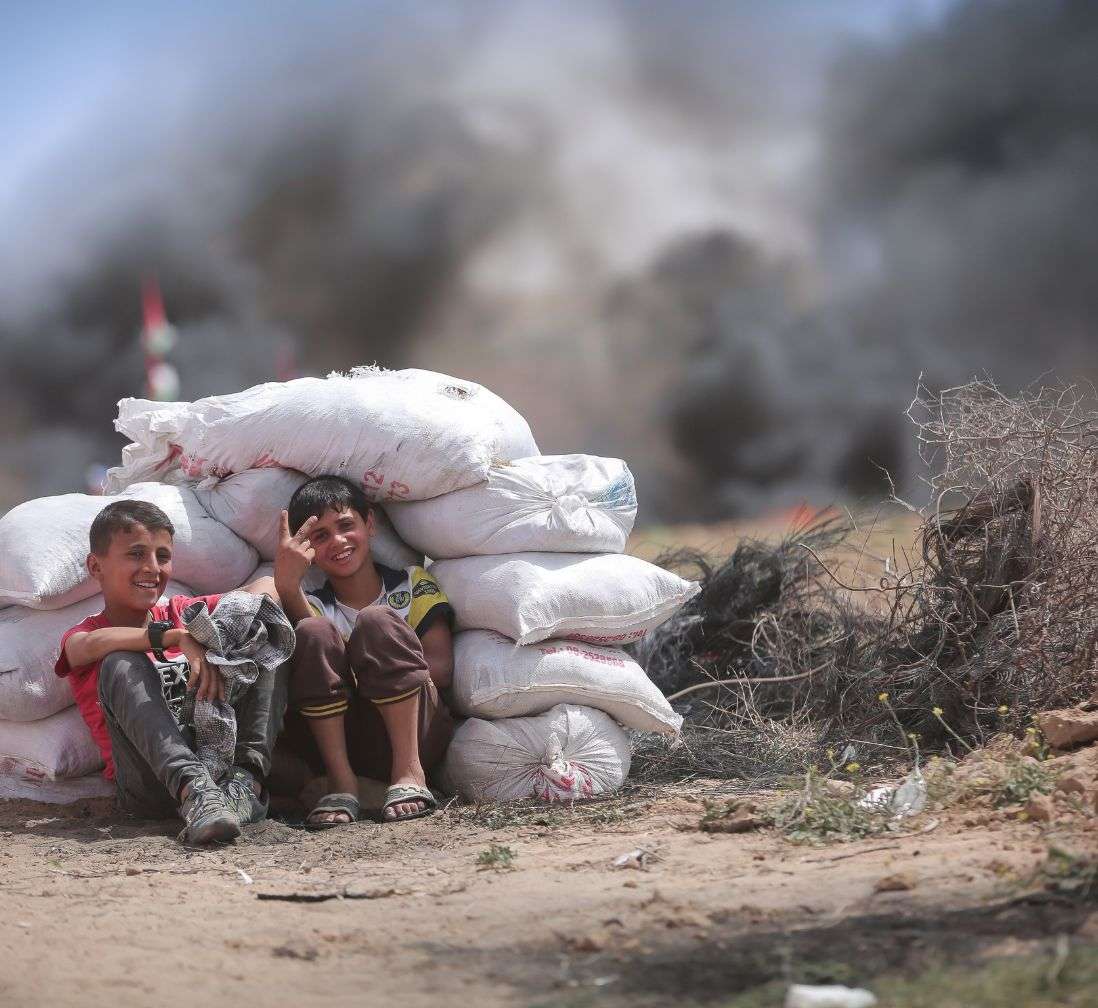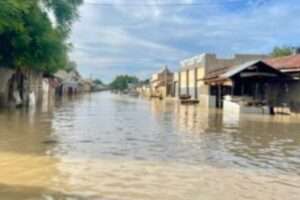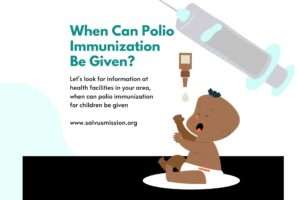Freezing US Aid Risks Global Crisis
Freezing US Aid Risks Global Crisis
In recent discussions around U.S. foreign aid, one stark proposal has raised alarms: freezing U.S. foreign aid. If implemented, this drastic measure would have devastating consequences for millions of vulnerable people across the globe. U.S. foreign aid, particularly through USAID (United States Agency for International Development), supports vital services, from food and health care to education and emergency relief.
While philanthropists and individuals are stepping up to provide aid, their efforts, although generous, cannot fill the vast gap left by the absence of structured, large-scale programs like those funded by USAID. Individual donations may provide temporary relief, but they cannot replace the systemic support that millions rely on. USAID’s programs reach far beyond the capacity of any one organization or individual, addressing complex, wide-scale issues such as disease outbreaks, poverty, and access to education.
A suspension of these funds would trigger an unprecedented humanitarian disaster, leaving communities already struggling with poverty, disease, and conflict without critical resources. For instance, in war-torn regions and areas facing natural disasters, USAID provides emergency food assistance, medical supplies, and long-term infrastructure projects. If halted, these life-saving programs would disappear, intensifying suffering for millions of people.
Beyond immediate aid, U.S. assistance also funds long-term development projects that focus on building infrastructure, creating jobs, and ensuring access to clean water and sanitation. The loss of such programs would stunt progress and delay the development of vital services in some of the world’s poorest regions.
Philanthropists have made significant strides in addressing global challenges, but their contributions alone cannot fill the void left by a freeze on U.S. foreign aid. With limited resources and reach, these individuals cannot tackle the scale of global need. Therefore, it is crucial for USAID to continue its life-saving work and for policymakers to recognize the catastrophic consequences that would arise from halting it.
Experts warn that foreign aid is not just an act of charity; it’s a moral and strategic investment in global stability. By providing critical support, the U.S. helps prevent the spread of diseases, reduces the risk of conflict, and promotes economic growth, which ultimately benefits global peace and prosperity.
A freeze on U.S. foreign aid would not only harm the most vulnerable populations but also send a dangerous message of retreat from the global stage. The humanitarian crisis that would follow would be a tragedy, impacting not only those who rely on aid but also the stability and security of nations worldwide.
It is crucial for policymakers to consider the far-reaching consequences of freezing foreign aid, especially in a world where cooperation and support are more essential than ever. The humanitarian disaster that could result from such a decision must not be underestimated. Now more than ever, the U.S. should be a leader in global assistance, not retreating from its role.
Hashtags:
#SaveUSAid #GlobalCrisis #HumanitarianDisaster #USAID #ForeignAidMatters #StopTheFreeze #GlobalSupport #AidForAll #PhilanthropyMatters #HelpNotHurt




